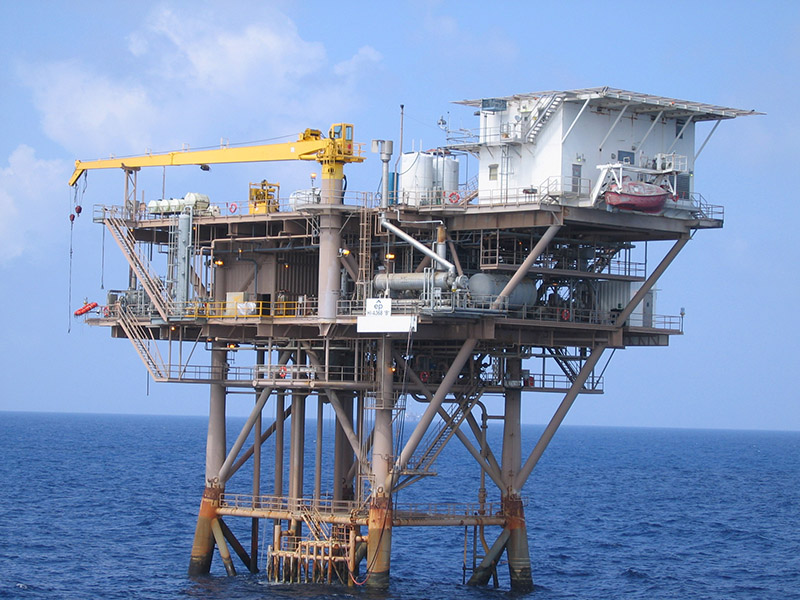Late last year, a federal judge in Louisiana ruled in favor of an offshore contractor who was served in 2013 with a Notice of Incident of Noncompliance (INC) related to a 2012 accident and chemical spill on a platform. It is the first INC that is not Deepwater Horizon related.
The INC was issued under the expanded interpretation by the Department of the Interior that the Bureau of Safety & Environmental Enforcement (BSEE) was authorized under the Outer Continental Shelf Lands Act (OCSLA) to enforce BSEE’s safety and environmental regulations to not only offshore lease and permit holders but to contractors working offshore. This expanded interpretation concerned many in the offshore service industry. It was implemented without any input from or consultation with them.
Government agencies are required to follow a process for proposing and establishing regulations, and especially changing prior interpretations of rules. The steps in that process are spelled out in the Administrative Procedure Act (APA). Under BSEE’s regulatory overreach, contractors became liable not only for citations and penalties for their own rule violations, but also for INCs on fields where they were employed. This means that any mistake by any party engaged in work on an offshore lease — not merely the work of that contractor — made the contractor subject to liability and potential penalties.
The service industry took a complacent attitude toward the regulatory expansion and failed to challenge BSEE under the provisions of the APA.
In the INC challenge, the contractor appealed to BSEE to rescind the INC on grounds that the agency did not possess the right to extend its regulatory power. After a rejection by BSEE, the contractor appealed to the Interior Board of Land Appeals, which ruled in favor of its own agency. Thus, the contractor was left with only a federal lawsuit. Following a trial by lawyers’ briefs, the court ruled in late December that a reading of the plain language of OSCLA prohibited the extension of safety and environmental regulation to non-lease and non-permit-holders, i.e., contractors.
This ruling is a big step forward in returning federal government regulations to the rule of law that was frequently abused by the previous administration. While BSEE has the right to appeal the decision, it is doubtful given the Trump administration’s attitude towards the rule of law. If that assumption is correct, the offshore service industry has dodged a bullet that would have driven operating costs up and generally increased risk to a level that may have forced many smaller companies out of the market.
With this decision, 2017 is starting off on a positive note for the offshore service industry.





